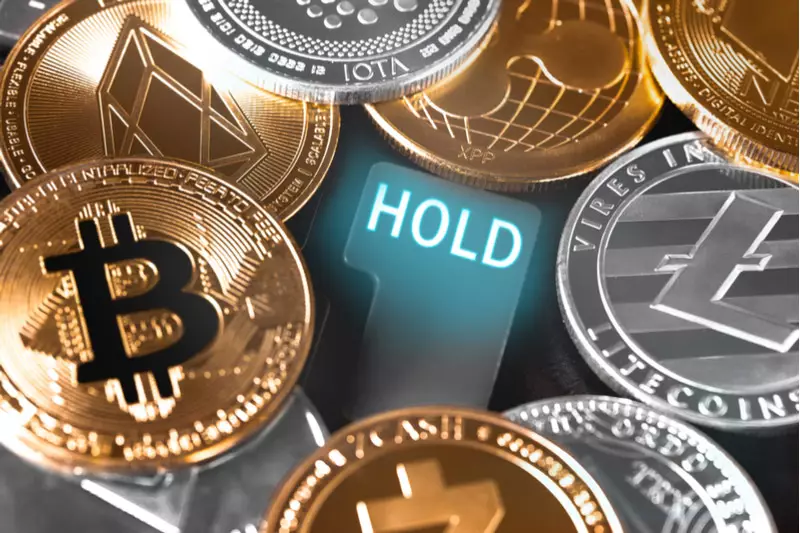In the ever-evolving landscape of corporate finance and governance, the actions and decisions made by board members can significantly impact a company’s trajectory. This is most recently exemplified by the events surrounding Ionic Digital, Inc., following a noteworthy meeting convened on October 28, 2024. Hosted at the Midtown Manhattan offices of White & Case, this meeting brought together the board of directors and management of Ionic with stakeholders from Figure Markets Holdings Inc. and GXD Labs, LLC. Prompted by misinterpretations in Ionic’s subsequent press release, the stakeholders have expressed considerable dissatisfaction and concern regarding the overall strategic direction and governance of the company.
A pivotal issue that emerged from the meeting was the apparent disconnect between the board’s communication and the current operational status of the company. Stakeholders criticized Ionic’s management for presenting an overly optimistic narrative, claiming “strong momentum” and a “laser-focus” on strategic initiatives while neglecting crucial financial details necessary for making informed assessments. Such statements, while encouraging in theory, were undercut by the Board’s inability to substantively address core inquiries regarding financial performance metrics during the discussions. This lack of preparedness raises questions not just about transparency but also about the board’s comprehension of the realities confronting the company.
Another alarming point of contention that surfaced was Ionic’s ongoing challenges related to its auditing process. Initially expected to be completed in early 2024, the timeline has now extended into early 2025, leaving many stakeholders skeptical about the veracity of the company’s reported financial health. The absence of critical financial data—such as metrics related to Earnings Before Interest, Taxes, Depreciation, and Amortization (EBITDA)—adds to the uncertainty surrounding Ionic’s operational effectiveness. The inability to present such data could potentially hinder investor confidence and alter the company’s competitive valuation in a rapidly changing market landscape.
In addition to concerns surrounding the company’s financial practices, stakeholders have voiced apprehensions regarding Ionic’s contractual relationships, specifically its engagement with Hut 8. Despite a proposed solution being tabled, the Board did not explore this or other strategic initiatives that could offer enhanced pathways for the organization’s future. The lack of delving into alternative liquidity options for shareholders during the meeting further illustrated a missed opportunity for fostering deeper stakeholder engagement and consideration of diverse financial remedies.
Recognizing the urgent need for a proactive overhaul of leadership, stakeholders advocated for a significant refresh of the Board. They proposed that three current members—Scott Duffy, Tom DiFiore, and Emmanuel Aidoo—step down to make way for new, independent directors equipped with vital experience and skill sets necessary for navigating today’s complex financial environment. This recommendation is not merely a personnel change; it represents a philosophical shift towards enhancing strategic alignment with shareholder interests and ensuring more rigorous oversight of company operations.
As these developments unfold, shareholders play a critical role in deciding the company’s future. The Group has urged investors to explore the proposed changes in board composition seriously and to consider championing a special meeting to vote on these critical adjustments. Elevating shareholder voices in the decision-making process can lead to a more responsive and responsible governance structure that is attuned to the dynamics of today’s financial ecosystem.
The recent developments involving Ionic Digital, Inc. shed light on larger issues of corporate governance, transparency, and shareholder engagement in an increasingly competitive and volatile market. The Group’s candid assessment highlights the urgent need for meaningful change and accountability within the company’s leadership. As stakeholders continue to advocate for reform, it remains to be seen whether Ionic can realign its strategies to foster the trust and confidence necessary for sustained growth and operational success. The road ahead is fraught with challenges, but with informed and decisive action, a more robust governance framework could very well emerge.

